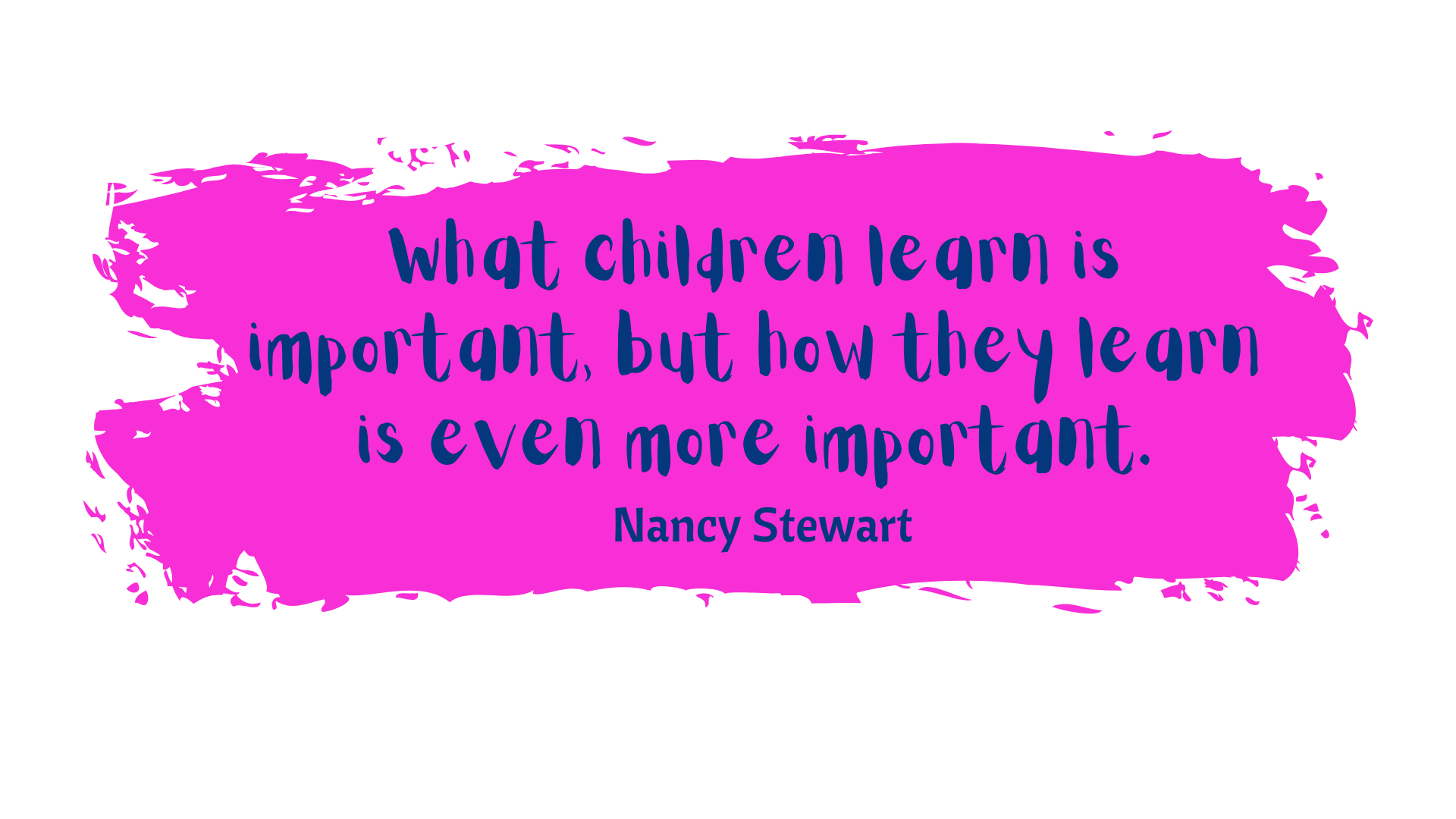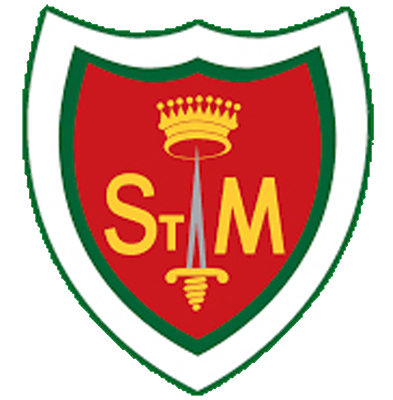Early Years Foundation Stage

Intent
At St Mary's, we believe that a child’s early experiences shape how they approach life—developing their confidence, resilience, and readiness for new challenges. That’s why we view the Reception year as a vital stage in each child’s learning journey.
We recognise that every child is unique, with their own interests, needs, and ways of learning. Our approach builds on their previous experiences and provides new, rich opportunities to help them grow and develop essential skills for the future.
We are committed to creating a supportive and caring environment where children feel safe, valued, and inspired. We know that the people around them—and the spaces they learn in—make a big difference in how they grow.
Our curriculum and practice are guided by the four key principles of the Early Years Foundation Stage framework:
-
Every child is a unique individual
-
Strong, positive relationships are central to learning
-
The environment plays a crucial role in development
-
Children learn and grow in a variety of ways and at different rates
Through these principles, we aim to nurture confident, curious, and capable learners, ready to flourish both now and in the future.
Implementation
EYFS Learning and Development
At St Mary's, our Early Years curriculum is built around the seven areas of learning and development, which are all connected and equally important in helping children grow.
Three of these areas are especially important during the early years, as they build the foundation for children to develop a love of learning, form positive relationships, and flourish. These are known as the prime areas:
-
Communication and Language
-
Physical Development
-
Personal, Social, and Emotional Development
The other four areas support and build on the prime areas. These are the specific areas:
-
Literacy
-
Mathematics
-
Understanding the World
-
Expressive Arts and Design
Our Reception curriculum is ambitious and thoughtfully planned to build knowledge and skills in a logical, progressive way, leading to the goals we aim for at the end of the Reception year. It follows the latest guidance from Development Matters (2023).
We believe that children learn best through a mix of play, adult-led modelling, peer learning, guided activities, and direct teaching. We also keep our plans flexible so we can respond to the children’s interests and individual needs as they arise.
Running through all areas of the curriculum are the Characteristics of Effective Learning, which guide how children learn:
-
Playing and exploring – trying new things and being curious
-
Active learning – staying focused, not giving up, and feeling proud of what they achieve
-
Creating and thinking critically – coming up with ideas, making connections, and solving problems
These characteristics help us understand how each child is learning so we can adapt our teaching to support them best. By observing their play and interactions, we can better support their development and help them become confident, motivated learners.
As Nancy Stewart said in How Children Learn (2011):
"What children learn is important, but how children learn is even more important if they are to become learners in today’s society."
Learning Journeys
Each half term follows a learning journey designed to build and deepen children’s knowledge and skills. Below is an example Reception learning journey:
Impact
The impact of our curriculum is measured against our St Mary's Curriculum goals below:
-
To become a Confident Communicator who can listen carefully in different situations, hold a conversation with friends and adults, ask relevant questions and use new vocabulary to explain ideas and feelings.
-
To become an Amazing Athlete who can show strength, balance and co-ordination when playing, move confidently and safely in a variety of different ways, use a range of equipment.
-
To become a Talented Tool User who can hold a pencil effectively, use a range of tools (for example scissors, cutlery, paintbrushes, tweezers) safely and with confidence.
-
To become an Independent Individual who can follow the School Values and class rules, set simple goals and persevere to achieve them, select resources, manage their own personal needs and know how to stay fit and healthy.
-
To become a Fantastic Friend who can be compassionate, trustworthy and forgiving, play co-operatively whilst considering others’ ideas and feelings.
-
To become a Brilliant Bookworm who can show a love for reading, use new vocabulary to talk about what they have read or has been read to them, read words and simple sentences (using simple sounds and digraphs they have learnt).
-
To become a Wow Writer who can write letters that are formed correctly, write words and simple sentences (using single sounds and digraphs they have learnt) that can be read by others.
-
To become a Master of Maths who can show a deep understanding of numbers to 10, recognise patterns within the number system, subitise, compare quantities and recall number bonds to 5.
-
To become an Exceptional Explorer who can show curiosity about the world around them, understand how to read and draw a simple map, understand some differences between times and places.
-
To become a Compassionate Citizen who can help to look after their community and care for their environment, know some reasons why Rickmansworth is special, have an awareness of their own and other people’s cultures and beliefs.
-
To become a Dynamic Designer who can choose and safely use the resources they need to make their creations, talk about what they have made and how they have made it.
-
To become a Proud Performer who can perform a song, poem or dance to an audience, retell stories with expression and confidence, play a range of percussion instruments correctly.
Summative assessments are made against the seven areas of learning, and the 17 strands, three times a year. Formative assessments are interwoven into our curriculum to ensure misconceptions are addressed quickly. Observations and assessments are evident in the children's individual learning journey's, on Evidence Me and in our whole class learning journey's.
